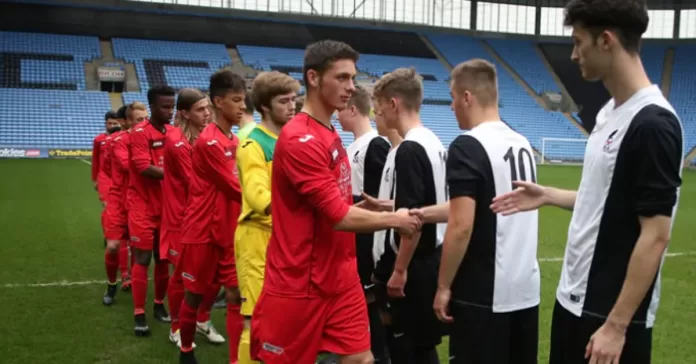Football, the world’s most popular sport, has an intriguing relationship with politics. The beautiful game transcends borders, cultures, and ideologies, making it a powerful tool for diplomacy and shaping national identity. This article delves into the intersections of football and politics, exploring how the sport has become a conduit for international diplomacy and a reflection of a nation’s pride and unity.
One key aspect of the football-politics nexus is the use of the sport as a diplomatic instrument. International football tournaments, such as the FIFA World Cup and UEFA European Championship, bring nations together on a global stage. Through hosting and participating in these events, countries have the opportunity to showcase their cultural heritage and present a positive image to the world. Transition: Furthermore, football serves as a platform for diplomatic engagements between nations.
Political Tension in Football
Historically, football has played a role in thawing political tensions between countries. Notably, during the height of the Cold War, the “Football Diplomacy” between the United States and China in 1971 opened channels of communication and laid the groundwork for diplomatic relations. Similarly, in recent times, sporting events have been used as a means to foster peaceful relations and diplomacy between conflicting nations. Transition: In addition to diplomacy, football deeply influences a nation’s sense of identity.
Football often becomes a symbol of national pride and unity. When a nation’s team takes to the pitch, citizens unite under a common banner, setting aside their differences for a shared goal. Victory or defeat in international competitions can significantly impact a nation’s collective psyche, evoking emotions that resonate far beyond the sport itself. However, football’s connection to politics is not without controversies.
Sometimes, football can be a platform for political statements and protests. Players and fans have used matches as a stage to raise awareness about social issues, human rights, and political injustices. For instance, athletes have taken a knee to protest racial inequality, demonstrating football’s power to amplify important social messages. These acts have sparked debates about the appropriate place of politics in sports. Furthermore, football can influence politics on a domestic level.
Symbol of National Identity
Football clubs often become powerful symbols of regional and national identity. Local teams represent more than just a sporting institution; they embody the cultural essence of their hometowns. Political leaders often harness this sentiment, aligning themselves with successful clubs or investing in sports infrastructure to gain public support. Additionally, the success of national teams can serve as a source of pride for citizens and enhance a country’s global standing. Transition: In conclusion, football and politics share a complex relationship.
Football’s popularity and universality have made it a potent medium for international diplomacy, enabling nations to bridge gaps and strengthen diplomatic ties. The sport also plays a significant role in shaping national identity, uniting citizens under a common cause and providing an avenue for political expression.
READ MORE: Football’s Greatest Managers: Masterminds of the Beautiful Game
However, the intertwining of football and politics is not without its challenges and controversies. As the world continues to evolve, the dynamics between football and politics will undoubtedly remain a fascinating aspect of the beautiful game.


